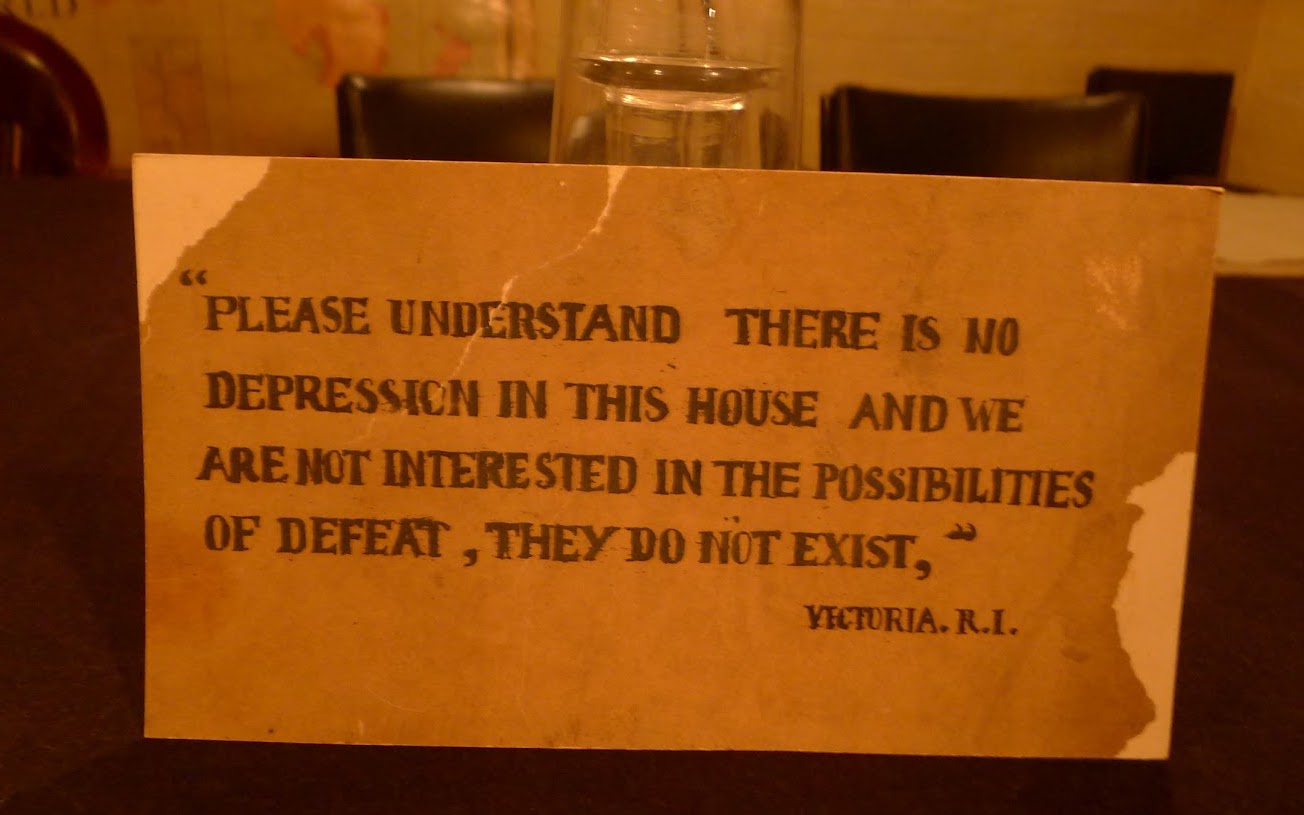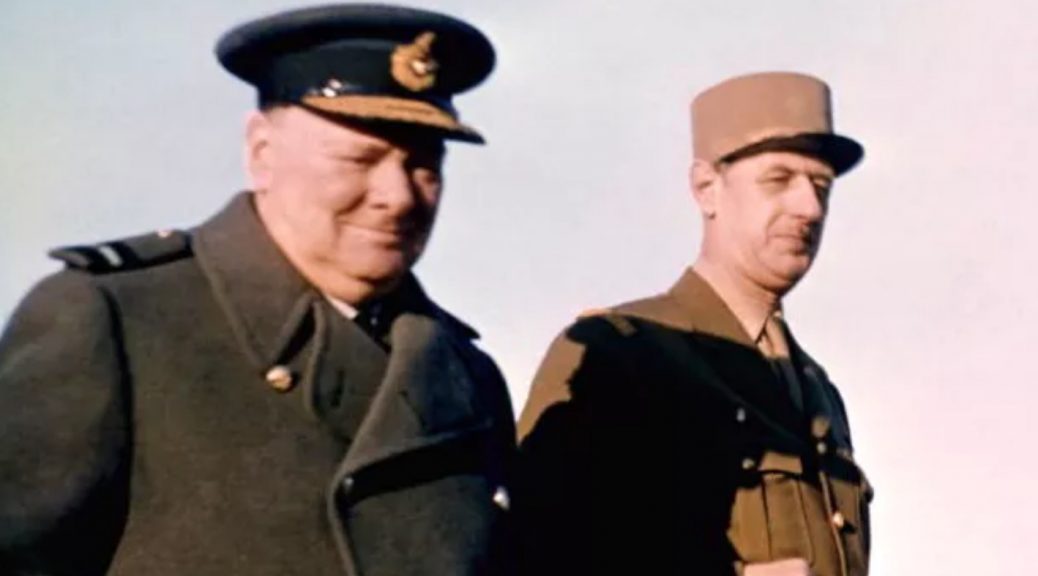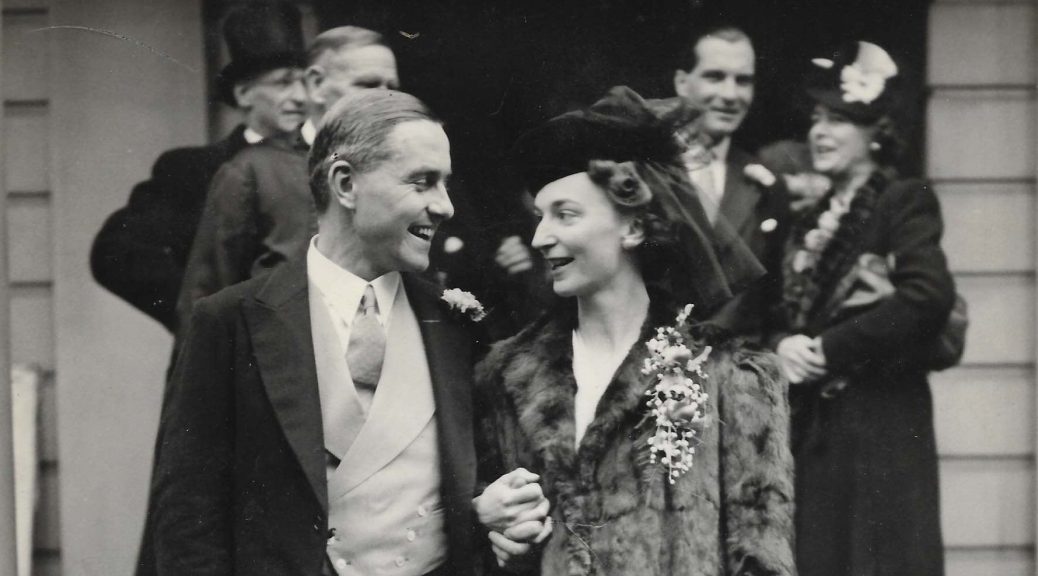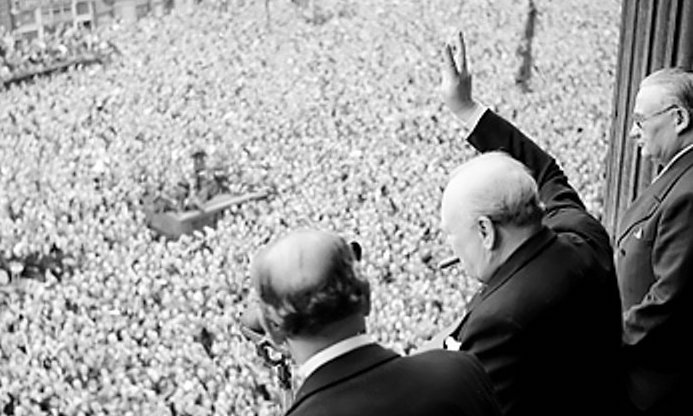
Life Amid Chaos: “The Hope Still Lives…The Dream Shall Never Die”
My brother Andrew Roberts inspired this post, when he asked for Churchill quotations about childbirth. Yes, even now, friends have brought a new life into the world. Three months ago, my son and daughter-in-law did likewise.
Life Goes OnOn 30 May 1909, Clementine Churchill was pregnant with their first child, Diana. Winston, asking her to practice social distancing, wrote these beautiful words: “We are in the grip of circumstances, and out of pain joy will spring, and from passing weakness new strength will arise.”
Four and one-half decades later, his daughter Mary was a fortnight overdue for the birth of Charlotte, her fourth child.…









